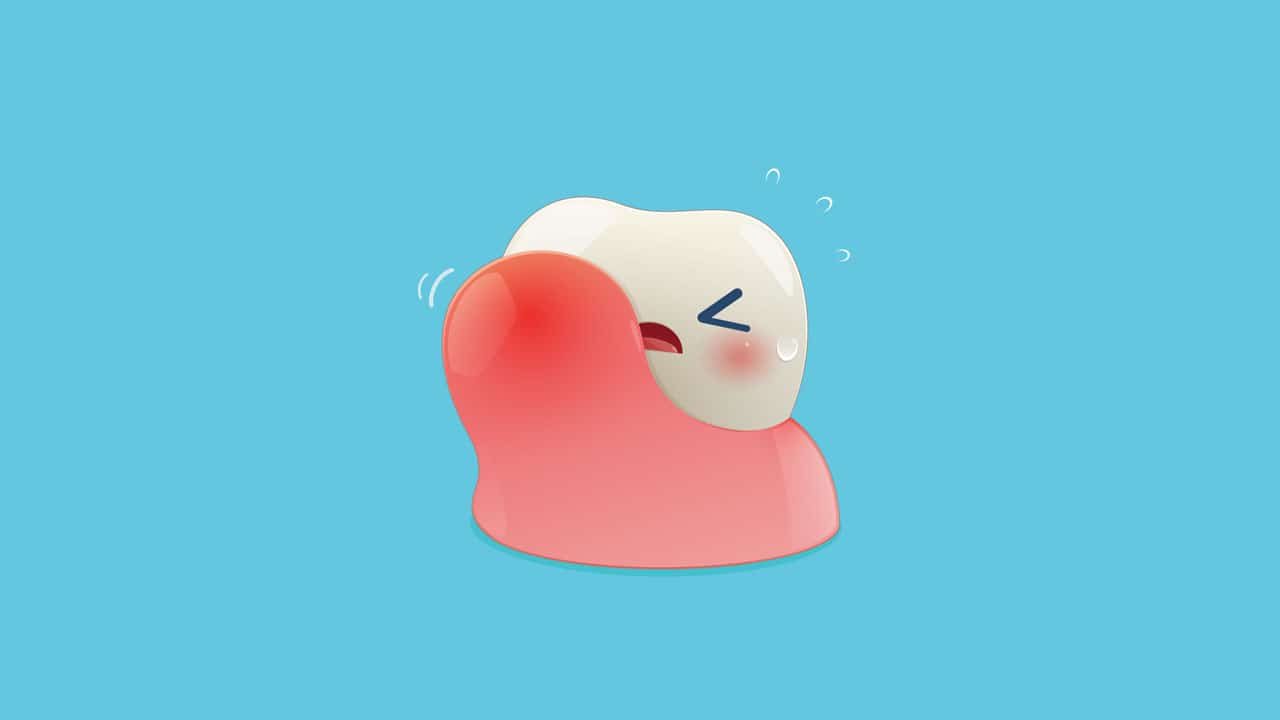
Cancer treatment can have many effects on your teeth and gums, ranging from mild to severe. While some side effects are temporary, others may be permanent. So, it is crucial to talk to your doctor or dentist about the potential impact of cancer therapies on your oral health before starting treatment.
This ensures that you are prepared for any possible changes, enabling you to take steps to minimize the risk of oral health problems.
Cancer Treatment and Your Teeth
Cancer treatment, such as radiotherapy of the head and neck, can often result in xerostomia (dry mouth), leading to several oral health problems. Dry mouth occurs when the salivary glands are damaged or not functioning correctly, reducing saliva production.
Saliva is essential for keeping the mouth healthy by washing away food and bacteria and neutralizing acids. Saliva also contains minerals like calcium, phosphorus, and magnesium, necessary for remineralizing tooth enamel. Without enough saliva, teeth can become susceptible to cavities and gum disease. In addition, the mucous membranes in the mouth can become cracked and sore, making eating and talking difficult.
Managing Dry Mouth
There are several ways to manage dry mouth, including:
- Drinking plenty of water; the average person needs at least half a gallon per day
- Sucking on sugar-free candy or chewing sugar-free gum
- Using artificial saliva substitutes
Consult your dentist for help managing your dry mouth effectively as some products can worsen the condition.
Cancer Treatment and Your Gums
Cancer treatments like chemotherapy can also affect the gums. Chemotherapy may cause a temporary decrease in immune cells, increasing your risk of gum disease and causing them to become red, swollen, and tender. Brushing and eating may become painful, and, in some cases, the gums may also pull away from the teeth, increasing the risk of tooth loss.
Managing Gum Problems
There are several ways to manage gum problems, including:
- Brushing and flossing gently
- Using a soft-bristled toothbrush
- Using mild, non-abrasive toothpaste
- Avoiding mouthwashes that contain alcohol
You should also visit your dentist regularly to monitor your gums and get early periodontal treatment.
Taking Care of Your Oral Health During Cancer Treatment
Taking care of your oral health is an integral part of cancer treatment. There are a few things you can do to keep your mouth healthy.
Brush your teeth twice a day
Use a soft-bristled toothbrush and mild toothpaste to clean your teeth morning and evening.
Floss your teeth every day
Flossing your teeth helps remove plaque between your teeth and under your gum line. Use a floss threader for easier flossing, or invest in a Waterpik to eliminate debris between teeth.
Limit your sugar intake
Sugar can increase the risk of cavities due to acid erosion, so it is important to limit your intake of sugary foods and drinks. If you have sugary snacks, rinse your mouth with water afterward and wait at least 30 minutes before brushing to allow your enamel to remineralize.
Avoid smoking
Smoking increases the risk of oral problems, including gum disease and oral cancer. If you smoke, quitting improves your oral health.
Learn How to Take Care of Your Teeth and Gums at Caputo Dental
If you are undergoing cancer treatment, it is essential to keep up with your oral care routine.
Caputo Dental can advise you on the best way to take care of your teeth and gums during this time, and we’re here to help with any questions or concerns you may have. Contact our team at (630) 922-1311 to make an appointment.